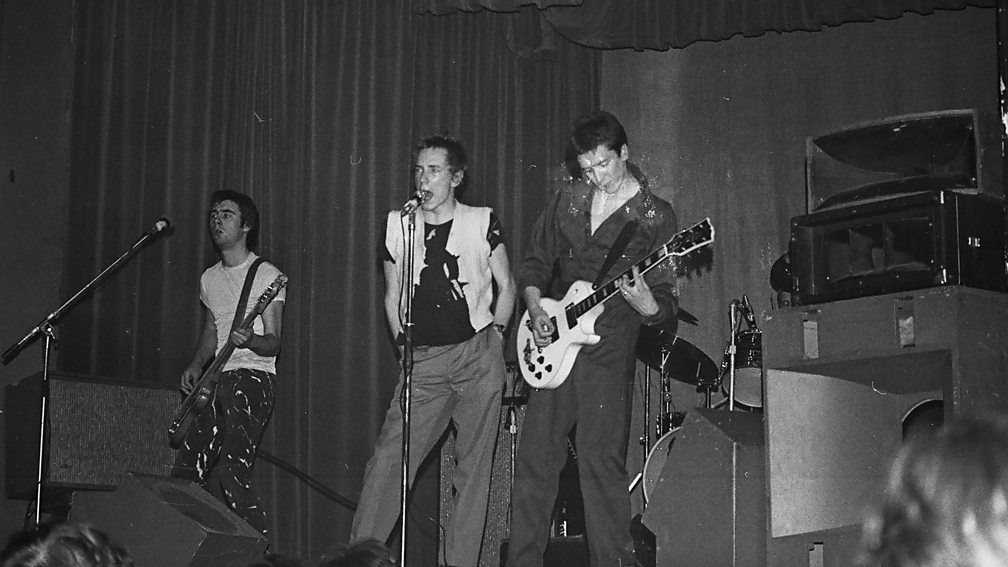Video

Video Killed the Radio Star
The video of this song was both the first shown at the launch of MTV in 1981 (Dwapara 281) and the last in 2025 (Dwapara 325).
Its co-writer, Trevor Horn, is considered to be one of the greatest music producers of the 1980s (Dwapara 280s), using a full spectrum of then new capabilities with synthesizers, sampling and sequencing.
The song describes the displacement of radio by video – it is an anthem both to technological progress and also the under tow of displacement, obsolescence, and the potential for dehumanization by technology.
The lyrics come from a 1959 (Dwapara 259) short story by Ballard, “The Sound Sweep,” itself dealing with the introduction of new media technology.
Both story, song, and video resonate with Marshall McLuhan’s 1958 (Dwapara 258) idea that a change in medium drives a change in the message itself.
The video of this song was both the first shown at the launch of MTV in 1981 (Dwapara 281) and the last in 2025 (Dwapara 325).
Its co-writer, Trevor Horn, is considered to be one of the greatest music producers of the 1980s (Dwapara 280s), using a full spectrum of then new capabilities with synthesizers, sampling and sequencing.
The song describes the displacement of radio by video – it is an anthem both to technological progress and also the under tow of displacement, obsolescence, and the potential for dehumanization by technology.
The lyrics come from a 1959 (Dwapara 259) short story by Ballard, “The Sound Sweep,” itself dealing with the introduction of new media technology.
Both story, song, and video resonate with Marshall McLuhan’s 1958 (Dwapara 258) idea that a change in medium drives a change in the message itself.



